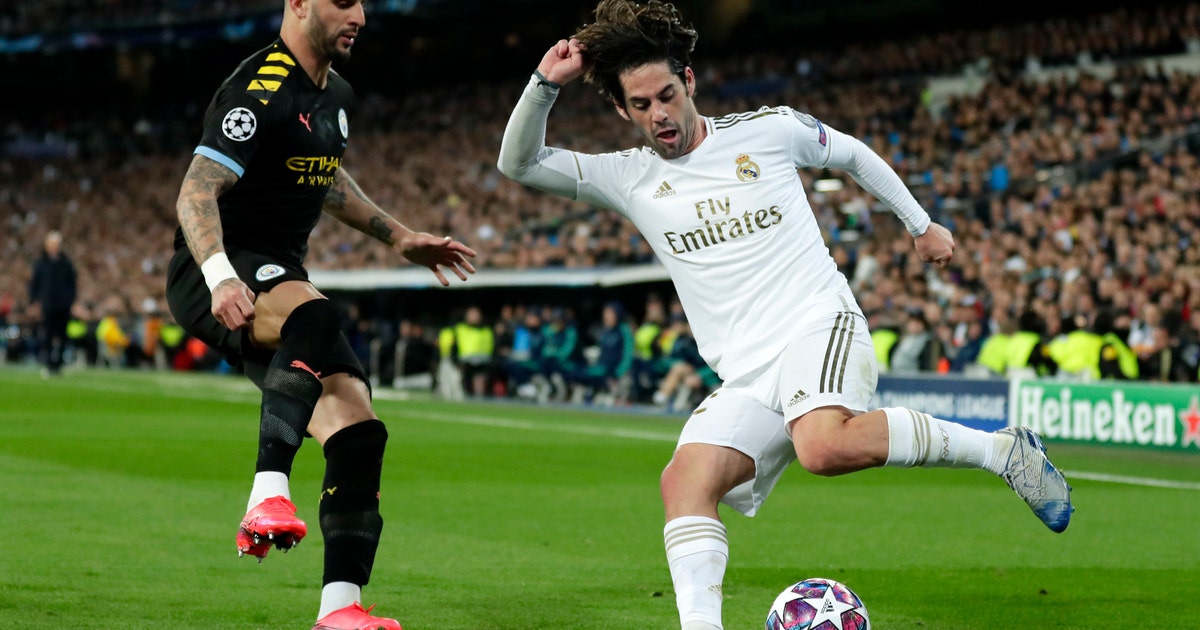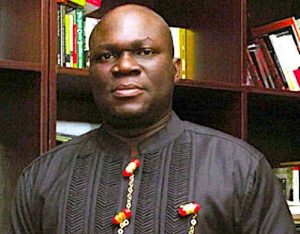Cloak of secrecy for Man City’s court challenge to UEFA ban


GENEVA (AP) — A rare level of secrecy cloaks the court case opening Monday to decide if Manchester City will stay banned from European competition for two seasons.
The Court of Arbitration for Sport has scheduled three days at an undisclosed location for an appeal hearing by video conference link connecting lawyers in Switzerland and England.
The Lausanne-based court said on Friday both City and UEFA requested confidentiality for the case. Neither party commented to The Associated Press.
The identities of the three CAS judges — selected by each side and the court — have also been protected in an intensely scrutinized legal fight.
The allegations include that City, owned by Abu Dhabi’s royal family, misled UEFA over several years to comply with financial integrity rules for clubs.
The stakes are high in a case that provokes the tribal loyalties of club soccer and the distrust some fans have for sports ruling bodies.
If City’s appeal fails, it faces losing hundreds of millions of dollars in UEFA prize money and some star players during a two-year exile from world soccer’s most prized club competition.
Defeat for UEFA would undermine the Financial Fair Play (FFP) policy it says helps stabilize the soccer economy across 55 member nations.
Whatever the judges decide, City is still a contender to win this season’s Champions League.
The CAS panel’s verdict is expected before the round of 16 resumes in August, five months after UEFA paused games due to the coronavirus pandemic.
THE CASE
City was punished in February for “serious breaches” of UEFA’s FFP rules monitoring club finances and failing to cooperate with investigators.
The investigation was opened by UEFA-appointed experts after leaked club documents were reported in German magazine Der Spiegel in November 2018.
The published evidence appeared to show City deceived UEFA by overstating sponsorship deals from 2012-16 and hid the source of revenue linked to state-backed companies in Abu Dhabi.
A UEFA-appointed judging panel excluded City from playing in the Champions League, Europa League and Super Cup until the 2022-23 season.
City was also fined 30 million euros ($33.9 million) from its Champions League prize money, almost one-third of its UEFA payout for reaching the quarterfinals last season.
The club denies wrongdoing.
“We did cooperate with this process,” City chief executive Ferran Soriano said in February. “We delivered a long list of documents and support that we believe is irrefutable evidence that the claims are not true.”
THE EVIDENCE
Internal club documents published in the “Football Leaks” series were likely obtained by a hacker now detained under house arrest in Portugal.
City has never disputed the documents are authentic, but argued the evidence was stolen and reported out of context.
Use of illegally obtained evidence in previous cases at CAS has been upheld by Switzerland’s supreme court.
One internal email said City officials preferred to spend tens of millions on “the 50 best lawyers in the world” to sue UEFA rather than accept punishment in a previous round of monitoring.
UEFA can also cite several years of financial accounts submitted by City that are mandatory for FFP compliance. Expert witness testimony and forensic analysis of those documents are likely to be key in the CAS hearing.
PREVIOUS CASES
Last November, a CAS panel dismissed City’s attempt to have UEFA’s current investigation thrown out on procedural grounds. City attacked what it said were leaks about the case from UEFA’s side which three CAS judges acknowledged were “worrisome.”
For that case, City retained lawyers from two London-based firms and the Swiss chambers of veteran Olympic legal adviser François Carrard. After the ban ruling, the club hired another top London barrister, David Pannick.
The first wave of UEFA’s FFP sanctions in 2014 saw City and Qatar-owned Paris Saint-Germain agree to forfeit 20 million euros ($22.6 million) of their Champions League prize money.
Those fines fuelled City fans’ anger at UEFA and their suspicion FFP was designed to protect storied clubs by curbing spending by ambitious rivals with wealthy new owners.
UEFA voted to create the system in 2009, in fallout from the global financial crisis, to monitor finances of 200-plus clubs which qualify each year for its competitions. Clubs must approach break-even on commercial income and spending on transfers and wages. Deals linked to owners must be set at fair market rates.
The FFP system was ruled valid by CAS and in compliance with competition law in 2016 when Turkish club Galatasaray’s appeal failed.
Galatasaray served a one-year ban which UEFA has enforced on other clubs — including AC Milan and, just days ago, Turkish league leader Trabzonspor — in purely financial cases that lacked the bad faith UEFA found in City’s conduct.
City is the first club banned for two years.
EXTRA TIME
The CAS verdict will not affect this season’s Champions League.
City leads Real Madrid 2-1 after the first leg of the round of 16 in Spain. UEFA will decide this month how to complete the competition.
If City’s ban is upheld, it could still be European champion yet barred from defending the title, and from playing in the Super Cup against the Europa League winner.
City is also likely to be Premier League runner-up this season. A European ban would award its Champions League group-stage entry to the fifth-place English team — currently Manchester United.









